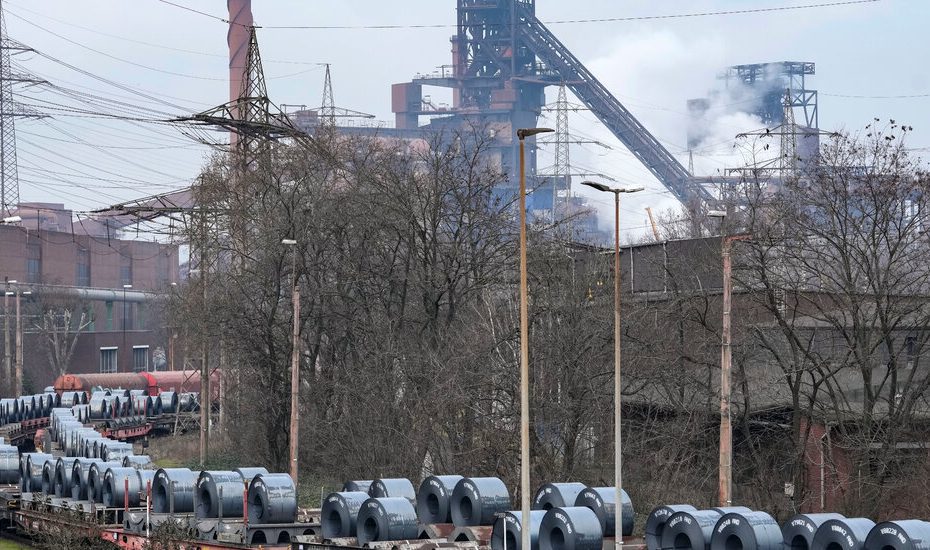European leaders promised to take revenge on Tuesday after President Trump had raised rates on aluminum and steel to 25 percent, even while they got the hope that they would be able to negotiate a deal with the United States.
Civil servants of the European Union have argued that Europe and the United States are deeply intertwined and that the inflammation of a trade war would harm both parties. But they have also prepared to hit back at possible American rates, and have said that they are ready to implement countermeasures if no trade solution can be found.
“Unkind rates on the EU will not remain unanswered – they will cause firm and proportional countermeasures,” said Ursula von der Leyen, the president of the European Commission, the executive arm of the European Union, in a statement.
Maroš Šefčovič, the EU Commissioner in charge of trade and economic security, told members of the European Parliament on Tuesday that the new American rates were 'a loss loss scenario', adding that the 'time has come' for a European reaction.
“We are currently assessing the scope of the measures announced at night and will respond in a strong and proportional way through countermeasures,” he said.
Former President Joseph R. Biden Jr. In 2021, an agreement worked out with European leaders, so that specific amounts of steel and aluminum could enter the United States free of rates. The deal was expanded in 2023 and would remain in force until the end of this year.
According to the American commerce department, the United States imported around 4 million tonnes of steel products and 283,000 tonnes of aluminum products from the European Union in 2022. Germany is the largest European exporter of steel to the United States, followed by Italy and Spain.
It is expected that Europe will sharpen its guarantees for its domestic steel industry, but the timing of the reaction remained uncertain on Tuesday.
“We are not yet in a position to say exactly when we will respond, very concrete,” said Paula Pinho, the main spokeswoman for the EU, during a press conference on Tuesday.
For Europe, the steel and aluminum rates are only the first shoe that falls. Mr. Trump has made it clear in recent days that he could announce more wide 'reciprocal' rates in Tuesday. They would probably affect the European Union, which may try to equalize the rates rates between the two economies on important products such as cars.
“It seems likely that a mutual rate would equalize the car rates – this would mainly be aimed at the EU, which has a rate of 10 percent on cars,” wrote economists at Goldman Sachs on Tuesday in a research memorandum. EU officials have already suggested that they could consider reducing the rates on cars.

